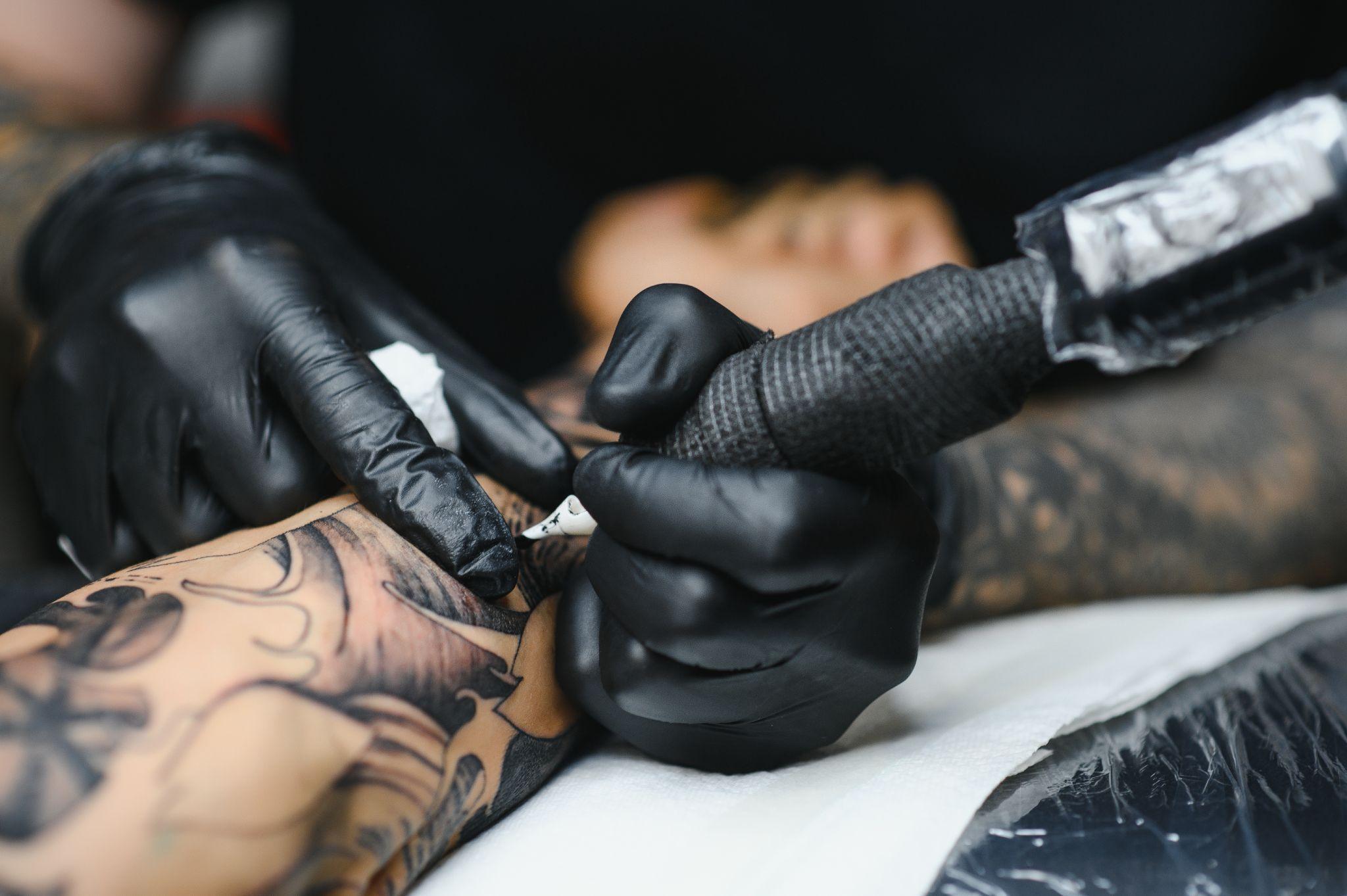
Sensitive Skin: 7 Things to Consider Before Getting a Tattoo
Tattoos are a powerful form of self-expression, but if you have sensitive skin, getting one might feel like a daunting decision. Before you commit, it’s essential to understand what sensitive skin entails and how to prepare for the tattooing process to ensure the best possible experience.
What Defines Sensitive Skin?
Sensitive skin is a condition where the skin reacts more easily to external factors, such as allergens, irritants, and environmental changes. It can lead to redness, itching, burning, and dryness, often making regular skincare routines and certain cosmetic procedures, like tattoos, more challenging. Sensitive skin isn't a one-size-fits-all condition—it can vary widely among individuals.
Common types of sensitive skin conditions include:
- Eczema: A condition that causes patches of skin to become inflamed, itchy, and cracked.
- Psoriasis: A condition where skin cells build up and form scales and itchy, dry patches.
- Rosacea: A condition that causes redness and visible blood vessels in the face.
- Allergic contact dermatitis: An allergic reaction causing a rash when the skin comes in contact with certain substances.
People with these conditions, or those who frequently experience skin irritation, may fall under the category of sensitive skin. Understanding this is crucial in deciding whether a tattoo is the right choice.
Can People with Sensitive Skin Get Tattoos?
Yes, you can still get a tattoo on sensitive skin, but it requires careful consideration and preparation. The key is to understand the potential risks and take the necessary steps to mitigate them. Sensitive skin may react more intensely to the tattooing process, which involves multiple punctures to the skin’s surface, leading to an increased risk of irritation or allergic reactions. However, with the right precautions and a knowledgeable tattoo artist, you can still enjoy body art without compromising your skin’s health.
How to Prepare for a Tattoo as Someone with Sensitive Skin

Getting a tattoo when you have sensitive skin doesn't have to be a painful or risky experience. Here are seven essential tips to help you prepare and ensure a smoother process.
1. Consult with a Dermatologist
Before booking your tattoo appointment, it’s wise to consult with a dermatologist. They can assess your skin's condition and provide personalized advice on whether getting a tattoo is advisable and how to minimize potential reactions.
2. Choose the Right Tattoo Artist
Selecting an experienced tattoo artist who has done tattoos on sensitive skin is crucial. They’ll know which inks and techniques are less likely to cause irritation, and they can guide you through the process with care. A skilled artist will also help you choose designs and placements that are gentler on sensitive areas.
3. Opt for a Patch Test
A patch test involves applying a small amount of tattoo ink to your skin to check for any allergic reactions. This step is especially important if you have eczema or another skin condition that might flare up due to certain ingredients in the ink.
4. Moisturize Your Skin
In the weeks leading up to your tattoo appointment, keep your skin well-moisturized. Hydrated skin is less prone to irritation and can heal more quickly. However, avoid using any new products that could trigger a reaction. Consistent hydration helps your skin stay resilient during tattooing.
5. Stay Hydrated From the Inside, Too
Proper hydration is essential for maintaining healthy skin. Drinking plenty of water before your tattoo session helps keep your skin supple and supports your body’s natural processes, making the tattooing process smoother and aiding in quicker recovery.
6. Avoid Known Triggers
If you have sensitive skin, you likely know which factors can cause flare-ups, such as certain foods, fragrances, or fabrics. Avoid these triggers in the days leading up to your tattoo to minimize the risk of irritation during the process.
7. Follow Aftercare Instructions Diligently
Aftercare is critical, especially for those with sensitive skin. Follow your tattoo artist’s aftercare instructions to the letter. This typically includes keeping the area clean, moisturizing regularly with a fragrance-free lotion, and avoiding sun exposure. Proper aftercare not only ensures optimal healing but also helps maintain the vibrancy of your tattoo.
Show Off Your New Ink with Style

You might also want to consider how you can showcase your new ink and express your sense of style through fashion. At Sullen Clothing, we offer a wide range of men's and women's clothing designed to complement your tattoos and enhance your unique style. Explore our collections today and find the perfect pieces to wear with your fresh tattoo!











